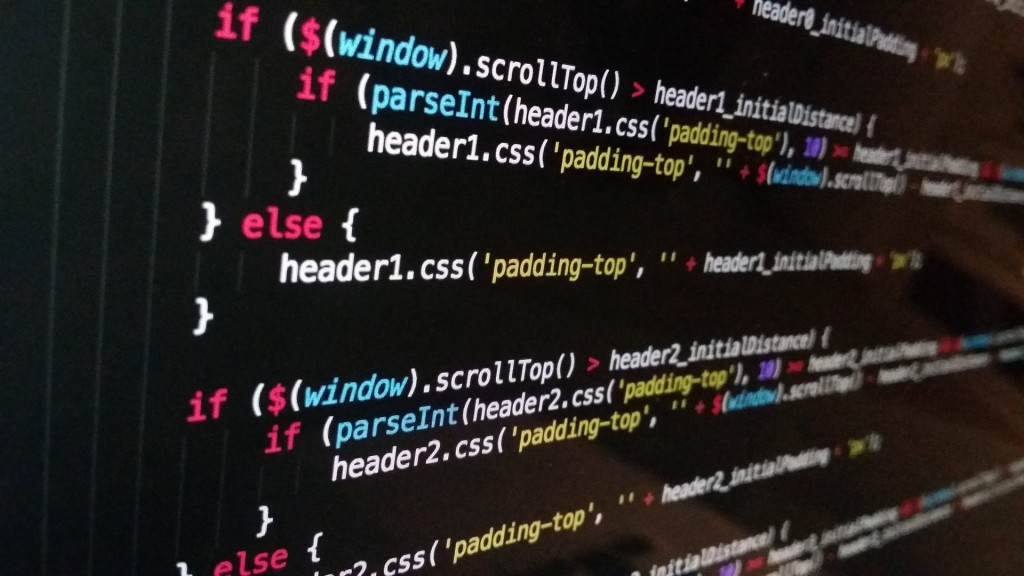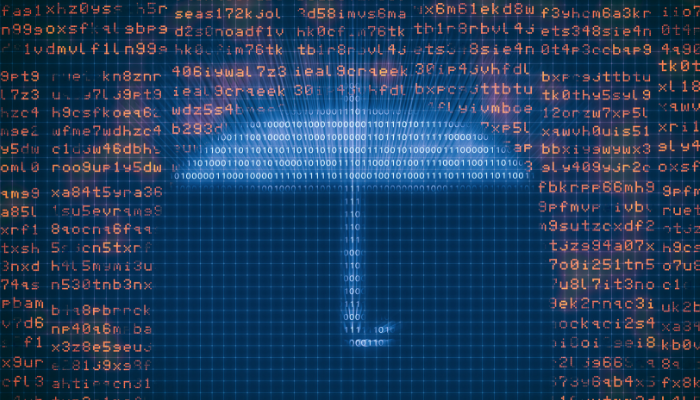
SQL (Structured Query Language) is a programming language used to create and maintain databases. Its easy syntax and cheap implementation make it one of the most popular tools among programmers. This also means it is well-known by hackers who are always looking for chances to hack your website. SQL Injections are types of injection attacks that search for vulnerabilities and ultimately “inject” malicious code in your database. Its execution can lead to catastrophic results, such as website defacement and even identity theft.
How SQL Injections Work?
It is important to note that SQL Injections can also have various techniques to execute an attack. The two primary types of SQL Injection attacks are Error-Based and Blind attacks.
Error-Based Attacks
 Occur when hackers find and exploit unsanitized inputs. In simple words, sanitized inputs remove unnecessary characters from inputted data. Usually, hackers find these by simply typing wrong information and waiting for feedback. Normally, a form returns a warning window if one types a wrong input in a field (ex. a number in a name field). If this vulnerability exploited, the database might hand out more information that it is supposed to. This confirms a hacker’s suspicion and starts the process of SQL Injection.
Occur when hackers find and exploit unsanitized inputs. In simple words, sanitized inputs remove unnecessary characters from inputted data. Usually, hackers find these by simply typing wrong information and waiting for feedback. Normally, a form returns a warning window if one types a wrong input in a field (ex. a number in a name field). If this vulnerability exploited, the database might hand out more information that it is supposed to. This confirms a hacker’s suspicion and starts the process of SQL Injection.
Blind Attacks
 The next type of SQL Injection attack are called Blind attacks. These are a more well crafted and recent form of error-based attacks. Instead of relying on error messages from the database’ servers, hackers attack the database without any feedback. This “blind” attack is much more difficult to put in place but not impossible.
The next type of SQL Injection attack are called Blind attacks. These are a more well crafted and recent form of error-based attacks. Instead of relying on error messages from the database’ servers, hackers attack the database without any feedback. This “blind” attack is much more difficult to put in place but not impossible.
How to Protect Yourself Against SQL Injections?
Although SQL Injection attacks are some of the most dangerous forms of attack, it is important to learn how to properly safeguard your website. Here are three solutions that can help protect your website.
1. Web Application Firewall (WAF)

A WAF is a perimeter based protection solution, which acts as the first line of defense against potential web attacks and cyber criminals. WAFs analyze and separate malicious HTTP and HTTPS requests heading to your website. This can ultimately help prevent an SQL Injection from happening by utilizing customized rules to detect suspicious web traffic and behavior.
2. Parameterized Queries
 Parameterized queries will segregate the data added by an user from the code that runs the application so the two don’t interact with each other. This is one of the easiest and most effective methods used so far to prevent SQL injections.
Parameterized queries will segregate the data added by an user from the code that runs the application so the two don’t interact with each other. This is one of the easiest and most effective methods used so far to prevent SQL injections.
3. Reduce Account Privileges
 Limiting the privilege of a database’ accounts can minimize the reach of data stored on your website. This is particularly useful to minimize potential damage that can occur when an unauthorized user gains administrative access.
Limiting the privilege of a database’ accounts can minimize the reach of data stored on your website. This is particularly useful to minimize potential damage that can occur when an unauthorized user gains administrative access.
A careful implementation of the methods above should keep your sensitive information safe from SQL Injections. Remember, it is critical to always be on alert since hackers are always looking to exploit your website’s vulnerabilities. Take control of your website and stay ahead of web hackers by learning how to protect your website with our recommended security solutions.





